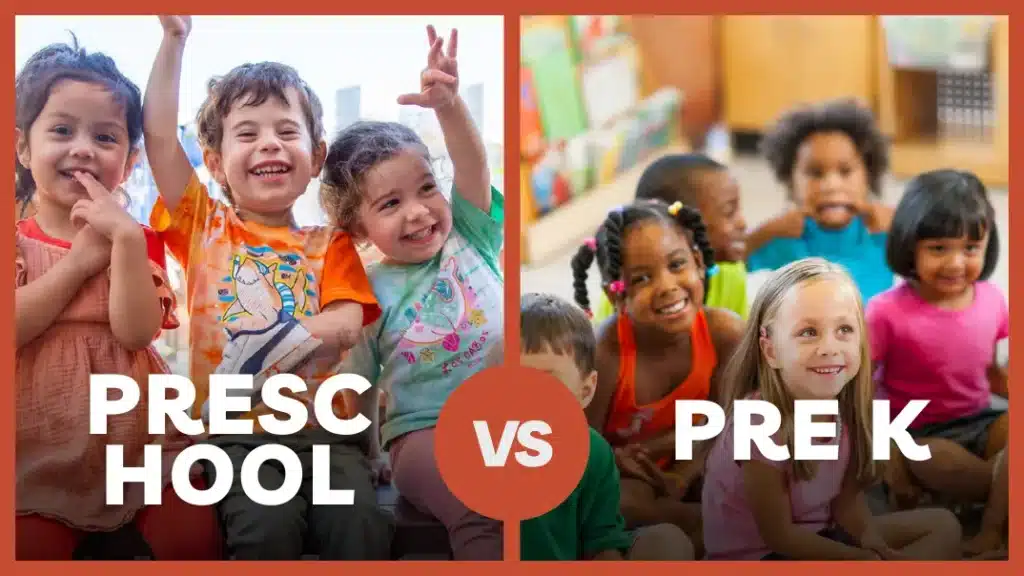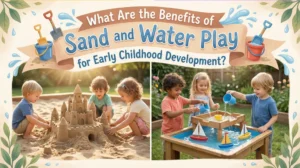Parenting and early childhood education can be overwhelming. One common question I hear often is: “What’s the difference between preschool vs Pre K?” Parents, educators, and even kindergarten procurement officers struggle to make sense of these terms, and making the right choice is critical for young children’s growth.
Preschool vs Pre K are both early education programs but serve different purposes and age groups. Preschool is for younger children, usually 2-4 years old, while Pre K is aimed at 4-5 year olds, preparing them for kindergarten. Both programs emphasize learning, but Pre K has a more structured curriculum focusing on school readiness.
By understanding the unique features of preschool and pre K, you can select the program that best suits your child’s needs and sets them up for a successful transition to kindergarten.
What is Preschool?
Preschool is a learning program for children typically between 2 and 4. It centers on play-based learning, where children can develop social, emotional, and physical skills in a nurturing environment. Preschool provides a safe space for children to explore their interests, interact with peers, and build foundational skills like communication and cooperation.
- Age Range: 2-4 years old
- Focus: Socialization, emotional development, motor skills
- Curriculum: Flexible, child-driven, less structured
- Learning Goals: Basic concepts such as shapes, colors, and early numbers, alongside emotional and social growth
Preschool offers a low-pressure environment where children can build confidence and adjust to spending time away from their parents. It’s an introduction to group learning that prepares children for more formal education later.
What is Pre K?
Pre K, also known as Pre-Kindergarten, is a program designed for children aged 4-5, specifically preparing them for kindergarten. The difference between Pre K vs preschool lies in the increased structure and academic focus. Pre K programs vs preschool programs include more formal learning objectives such as early literacy, numeracy, and problem-solving.
- Age Range: 4-5 years old
- Focus: School readiness, academic skills, structured learning
- Curriculum: More structured, teacher-led activities
- Learning Goals: Letter recognition, basic math, problem-solving, and following classroom rules
Pre K serves as a bridge between preschool and kindergarten, ensuring that children are ready to meet the academic and social expectations of formal schooling.
Difference Between Preschool vs Pre K
The difference between pre-k vs preschool can be understood by their purpose, age group, and learning structure. Below, we will explore the key distinctions between the two regarding preschool vs Pre K age, curriculum, social development, and daily structure.

1. Age Range and Developmental Stage
Preschool:
- Ages: 2-4 years old
Preschool is designed for younger children to develop basic motor, social, and emotional skills. The activities in preschool focus on building these foundational skills in a playful, creative environment.
Pre K:
- Ages: 4-5 years old
Pre K focuses on older children ready for more structured learning experiences. Children can follow directions, work in groups, and engage in more complex problem-solving tasks at this age, making them ready for kindergarten.
The key difference between pre-k vs preschool lies in the age range. The difference between preschool and Pre K age is clear: preschool serves younger children, while Pre K prepares older children for school readiness.
2. School Readiness
Preschool:
- Focus: Socialization and emotional development
Preschool is all about helping children learn how to interact with others. There’s no pressure to meet specific academic goals; children focus on developing social and emotional skills. This includes learning how to communicate, share, and manage emotions.
Pre K:
- Focus: Academic preparation and social skills
In pre-k vs preschool, Pre K places a stronger emphasis on academic readiness. Children learn to recognize letters and numbers, follow a structured daily routine, and engage in group learning activities. Pre K prepares children for the academic and social demands of kindergarten.
When comparing preschool vs Pre K is, the preschool emphasizes basic social skills, while Pre-K gears children toward academic and social readiness for school.
3. Curriculum Structure
Preschool:
- Structure: Flexible and child-led
The preschool curriculum revolves around play and exploration. There is little formal instruction; children are encouraged to explore their interests through art, music, and imaginative play. The fluid schedule allows children to move freely between different play areas.
Pre K:
- Structure: Structured and goal-oriented
In pre k programs vs preschool programs, Pre K follows a structured curriculum with set learning goals. Children participate in teacher-led activities introducing academic concepts like phonics, counting, and simple problem-solving. The day is divided into segments for different learning activities, preparing children for the structured kindergarten schedule.
The curriculum in preschool vs Pre-K is less formal in preschool, whereas Pre K introduces structured academic learning to prepare for school.
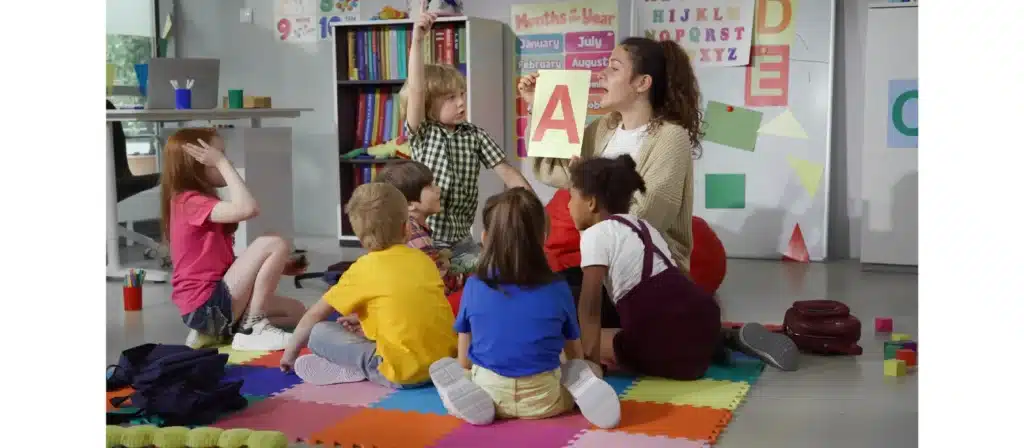
4. Class Structure and Daily Schedule
Preschool:
- Classroom Environment: Flexible and exploratory
In preschool, the day is open-ended, and children can explore different activities based on their interests. Teachers facilitate this by providing various play-based learning materials like puzzles, toys, and books, but there is no strict adherence to a daily routine.
Pre K:
- Classroom Environment: Structured with routine
Pre K follows a more defined schedule similar to a kindergarten classroom. Activities are planned with specific learning outcomes in mind, and children are expected to follow a routine that includes set times for group activities, snack breaks, and outdoor play.
Pre K vs preschool shows a clear distinction in daily structure. Preschool allows for flexible, open-ended exploration, while Pre K mimics a kindergarten routine with more structured activities.
5. Teacher Qualifications
Preschool:
- Role: Facilitators of play and social development
Preschool teachers guide children through play and social interactions, helping them learn how to communicate, share, and manage their emotions. The focus is on creating a safe, nurturing environment for exploration and learning through play.
Pre K:
- Role: Instructors with an emphasis on academic readiness
In Pre K, teachers take on a more instructional role. They introduce academic concepts like letter recognition, counting, and problem-solving. Pre K teachers also help children learn how to work in groups, follow instructions, and develop classroom behavior skills.
In comparing preschool vs pre-kindergarten, preschool teachers focus more on facilitating play, while Pre K teachers provide academic instruction to prepare children for school.
6. Social and Emotional Growth
Preschool:
- Focus: Emotional regulation and peer interaction
Preschool emphasizes helping children learn to manage their emotions and interact with peers. Children practice skills like sharing, taking turns, and resolving conflicts, all in a nurturing, low-pressure environment.
Pre K:
- Focus: Teamwork and emotional regulation in structured environments
In Pre K, collaborative learning and teamwork further develop social and emotional growth. Children participate in group projects, follow classroom rules, and learn how to cooperate with peers in a more structured setting, which is crucial for their success in kindergarten.
The difference between preschool vs. pre-k lies in the level of social expectations. Preschool builds basic emotional and social skills, while Pre K prepares children for group collaboration in a school setting.
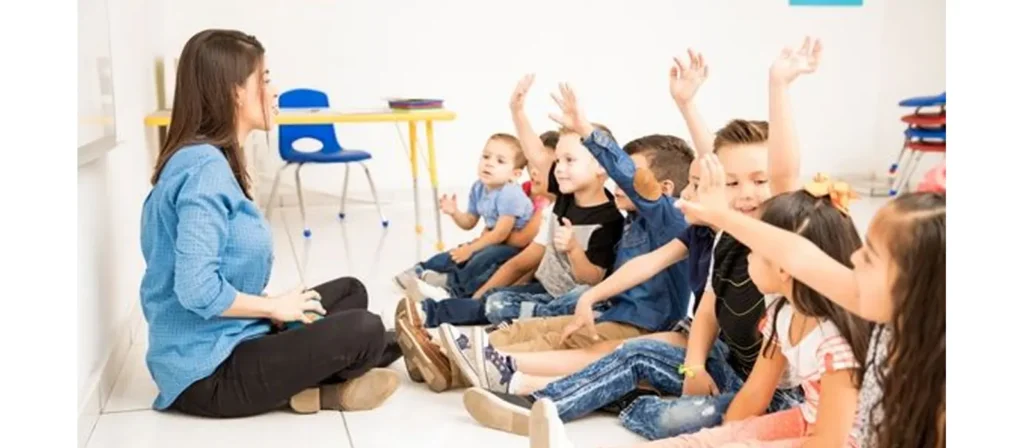
7. Curriculum Length and Program Flexibility
Preschool:
- Program Length: Shorter, flexible schedules
Preschool programs are often part-time, allowing children to attend for a few hours or days a week. This flexible schedule helps children ease into a group learning environment without overwhelming them.
Pre K:
- Program Length: Full-day, routine-based
Pre K programs are usually full-day, designed to prepare children for the longer school days they will experience in kindergarten. The structure helps children adjust to a full day in a classroom setting.
When looking at pre k vs preschool programs, preschool offers more flexible part-time options, while Pre K prepares children for a full school day.
8. Learning Goals
Preschool:
- Focus: Foundational skills and social development
Learning centers on developing basic social, motor, and emotional skills in preschool. Children are encouraged to explore their environment, express creativity, and build relationships through play.
Pre K:
- Focus: Academic readiness and problem-solving
Pre K introduces early academic concepts such as letter recognition, phonics, counting, and problem-solving. The learning goals in Pre K are designed to ensure children are ready to meet the academic challenges of kindergarten.
The key difference between preschool and pre-K is that preschool focuses on foundational skills, while pre-K introduces academic learning that prepares children for school.
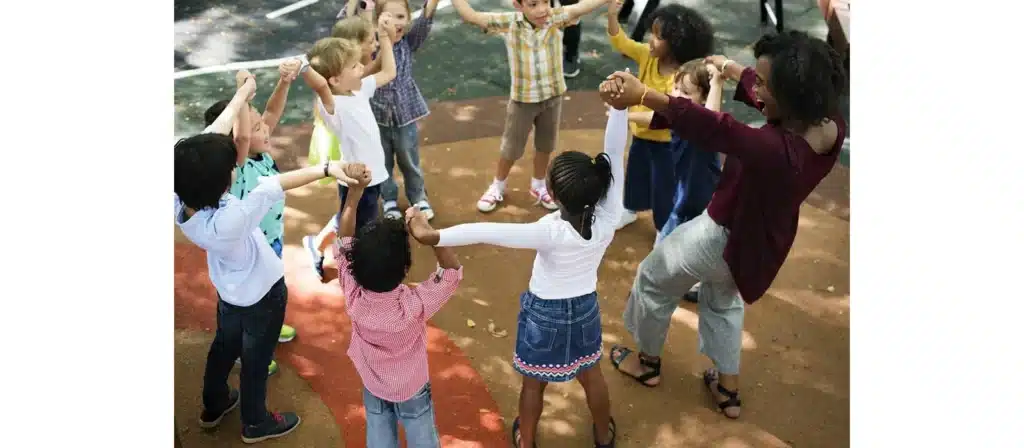
How Does Play Differ Between Preschool and Pre K?
Play is essential in preschool and Pre K, but it serves different purposes depending on the child’s age and developmental needs.
- In preschool, play is exploratory and child-driven. Children engage in open-ended play, such as building blocks, painting, or role-playing, which fosters creativity and social development.
- In Pre K, play is more structured and often includes learning goals. Teachers incorporate academic concepts like counting or letter recognition into play-based activities. The goal is to balance fun with learning, preparing children for the more structured environment of kindergarten.
The role of play in preschool vs pre-k transitions from free exploration to structured play with a focus on academic preparation.
Why Is Pre K Important?
Pre K plays a vital role in ensuring children are ready for kindergarten. Research shows that children who attend Pre K tend to perform better academically and socially once they enter formal school. Here are some reasons why Pre K is important:
- Academic Readiness: Pre K introduces literacy and numeracy skills that prepare children for kindergarten.
- Social Skills: Children in Pre K learn to work in groups, follow rules, and resolve conflicts, all of which are critical for success in school.
- Routine and Structure: Pre K helps children adjust to the structure of a school day, teaching them how to manage time and follow a schedule.
Pre K provides the foundation that ensures children can handle kindergarten’s academic and social challenges.

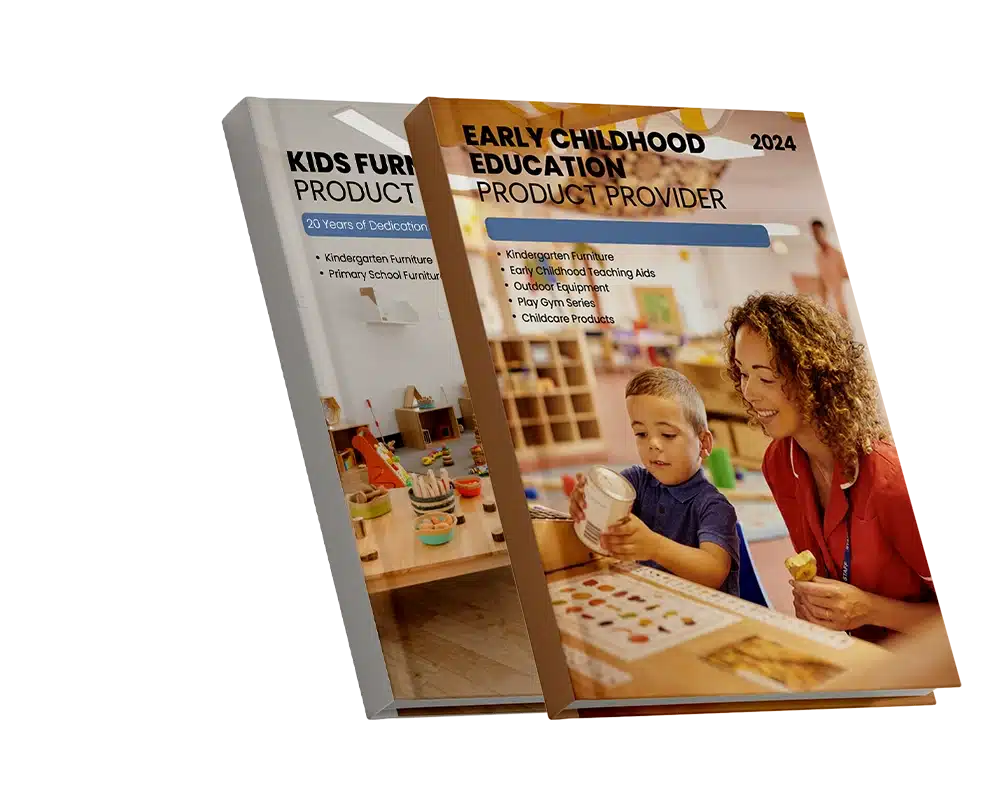
How to Decide: Preschool or Pre K?
When deciding between preschool vs pre-k for your child, consider their age, developmental stage, and individual needs. Here are some questions to help guide your decision:
- Is my child ready for structured learning?
If your child is 4-5 years old and shows an interest in letters, numbers, and problem-solving, Pre K may be the best option. However, preschool might be more appropriate if your child is younger and developing basic social skills. - What is my child’s emotional readiness?
Children still working on basic emotional regulation may benefit from the nurturing environment of preschool. If your child is ready to work in groups and follow the rules, Pre K can help them build on these skills. - What schedule works for my family?
Preschool offers more flexibility, with part-time options available, while Pre K usually requires a full-day commitment. - Do children need both preschool and Pre K?
While children don’t need to attend both, many experts recommend it. Preschool allows children to adapt to group settings and start developing essential skills at an early age. Pre-K ensures that children are ready for kindergarten’s academic and social demands. - Can preschool and Pre K be combined into one program?
Some schools and daycare centers offer combined preschool and Pre-K programs, especially in smaller settings or where resources are limited. In these cases, children of different ages may be grouped, but teachers will often differentiate the activities based on each child’s developmental stage. - How does the cost of preschool compare to Pre K?
Generally, preschool costs are lower than Pre-K due to the differences in curriculum and teacher qualifications. Preschool is more about play-based learning, while Pre-K requires teachers with more advanced training in early childhood education and often involves more academic resources.
Conclusion
Both preschool and Pre K offer valuable experiences, but they serve different developmental needs. Preschool focuses on socialization and play, making it ideal for younger children, while Pre K prepares children for kindergarten by introducing more structured academic learning. By understanding the difference between preschool vs pre k, you can choose the right program to support your child’s growth and success in school.

